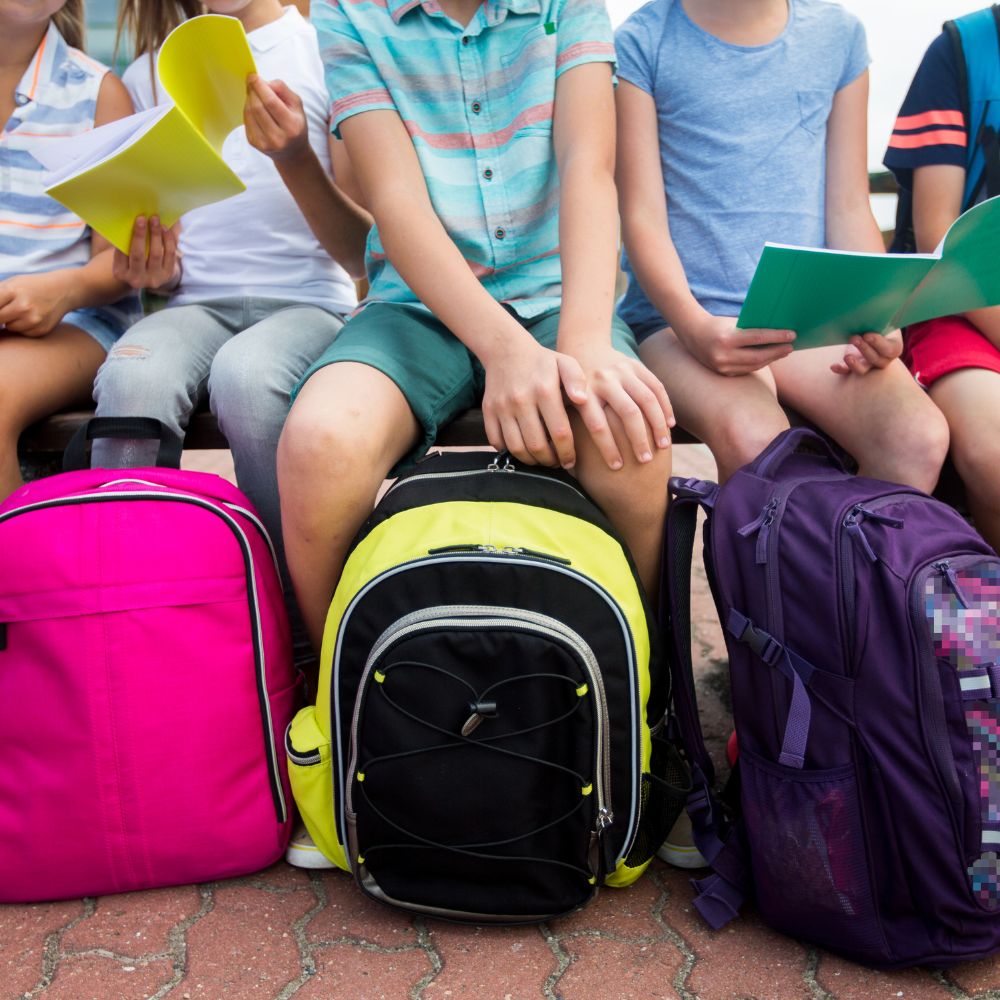

…back-to-school preparation in ND households, like most things, requires a lot of consideration and planning. However, the effort of establishing these supportive strategies early is well worth it, as you are setting your kids and yourselves up for an empowered beginning to the new school year.
Making the transition back to school in a neurodivergent (ND) family takes a fair bit more preparation than just a trip to the stationary shop. While I never say the words ‘back to school prep’ to my children, so as not to spark anxiety, I begin preparation early. ND brains take longer to prepare themselves and feel comfortable with routine and also benefit from the decreased cognitive load automatic routines provide. This means that in our household I begin preparing for school again on January 1st, so that come January 29th heading back to school is as smooth as it can be.
Here’s what preparing for school looks like in my house (with primary-aged ND kids).
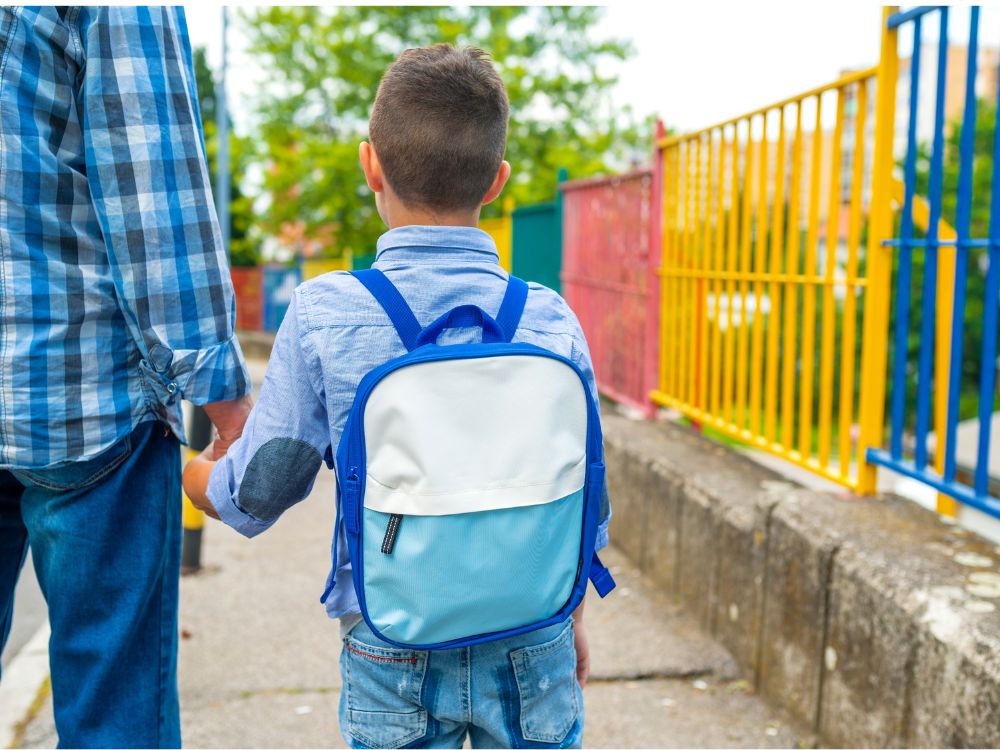
Visual schedules, rhythms and routines
Clock coordination
Emotional preparation through role-play
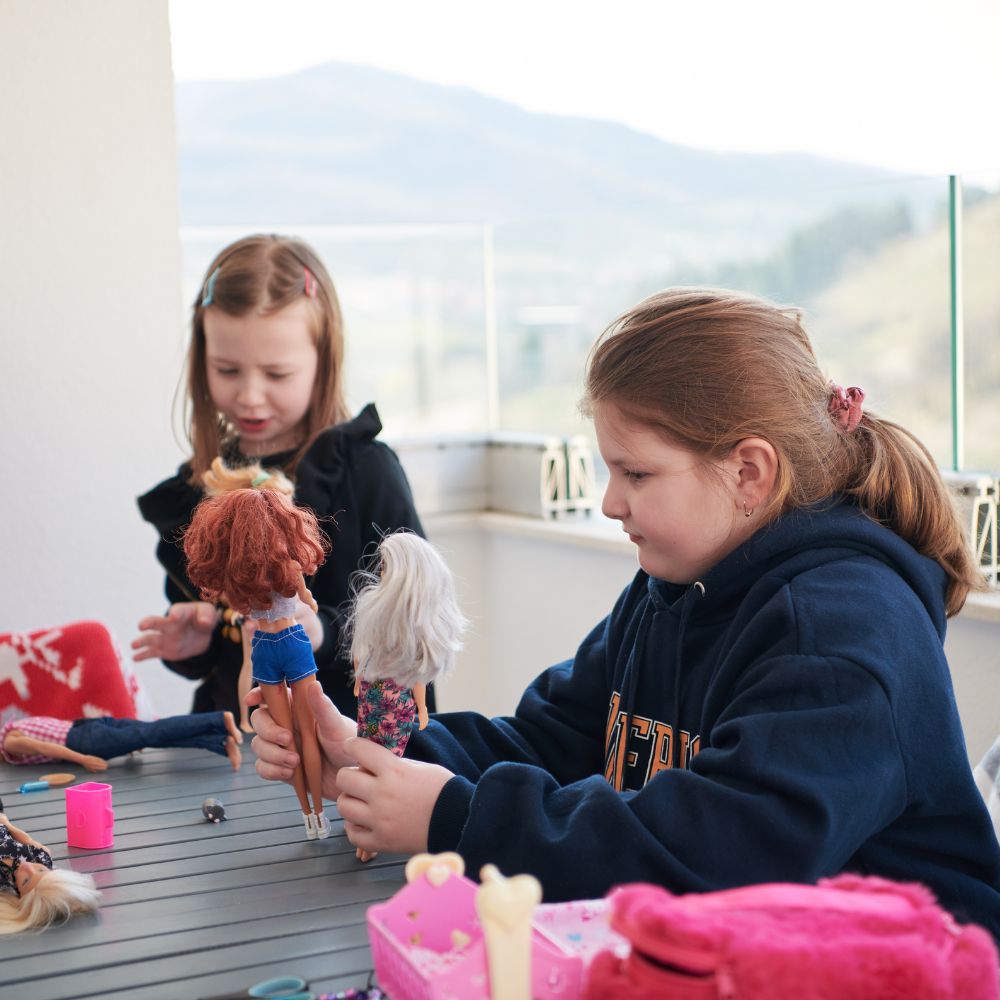
A safe space of one’s own
Social storytelling
Facilitating friendships
Mindfulness and relaxation techniques
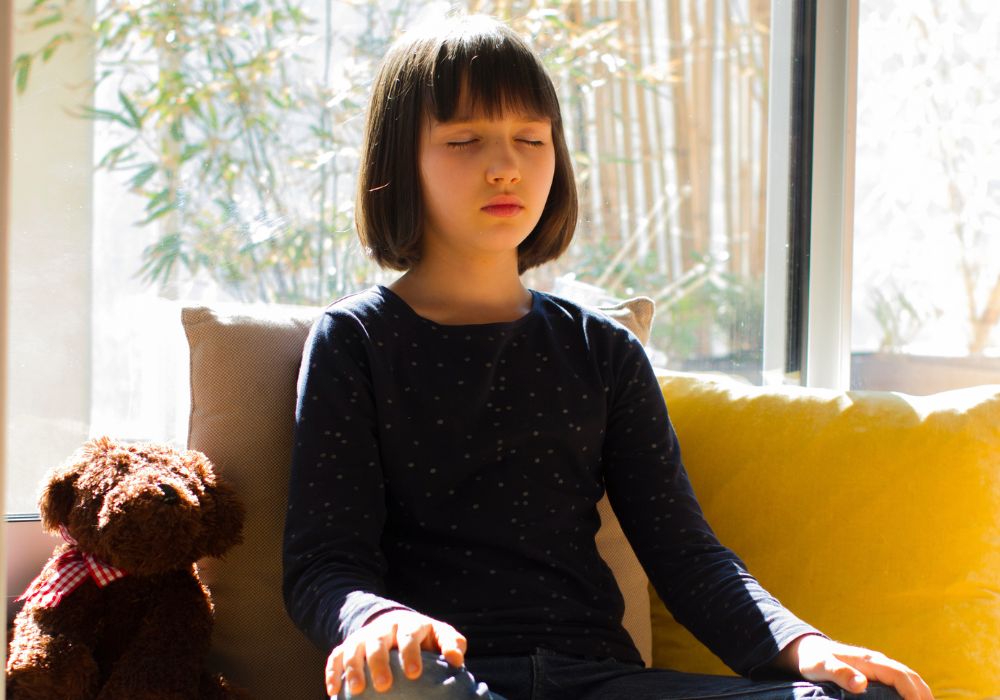
Sensory exploration
If you can, getting your stationery list early and even getting a few extras of the items on the required list is a good thing to do. That way, your child can get used to the way a particular pen handles, or a particular marker smells before it is all ‘new’ at school. Having consistent supplies at home and school can support your child’s nervous system by providing them with familiarity when they are in the school environment. If your child is required to wear a uniform, you want to be trying it on as soon as possible, for example, wearing the shoes prior to commencing school. That way, you will have the chance to observe and make adjustments to any elements that require adjusting, now. The first day of school does not need to be given extra complications through the sensory impact of new clothes. Pre-wash everything before your children wear them. New clothing stinks, it is stiff and scratchy. You know your child’s triggers, try to preempt them by adapting uniforms prior to their first try on. ND children have a way of latching on to their first impressions and if their initial experience of the uniform is overwhelming, it’s hard to convince them to change their perception.
Back-to-school preparation in ND households, like most things, requires a lot of consideration and planning. However, the effort of establishing these supportive strategies early is well worth it, as you are setting your kids and yourselves up for an empowered beginning to the new school year. We all want our ND children to approach the new school year with enthusiasm and confidence and these tools are the way to establish that. Remember, every child is unique, so tailor these ideas to suit individual needs and preferences. Here’s to a successful and joyful school year ahead! Good luck! Love, Holly
11 JANUARY 2024
WRITTEN BY HOLLY KARTEN
ND PARENT | EDUCATOR

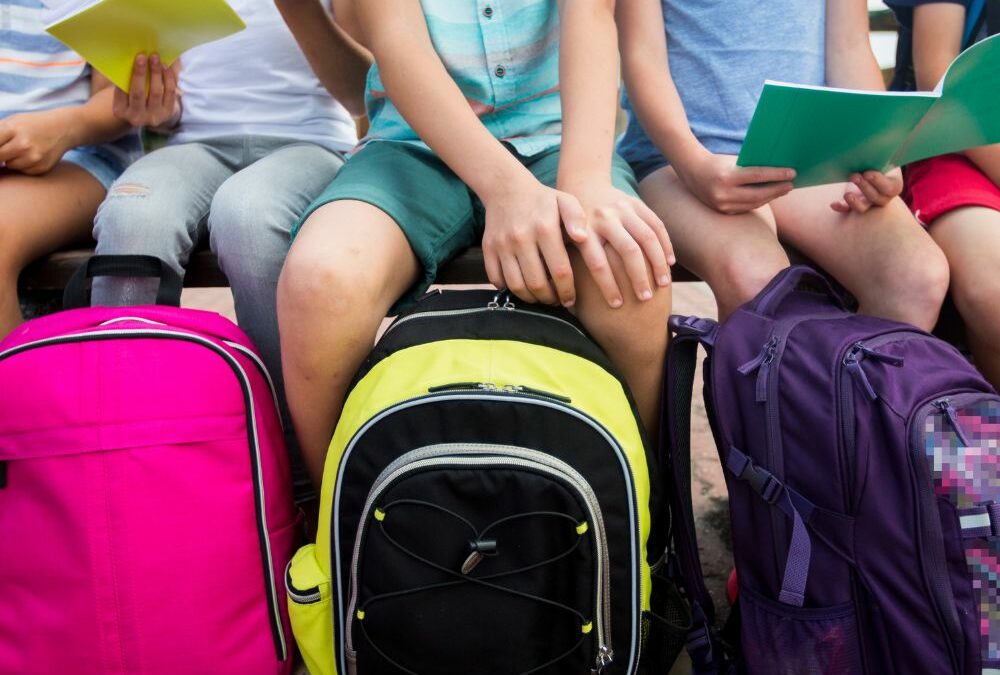

Social story template
Use our free downloadable social story template and follow the video instructions provided to guide you in developing your own personalised social stories. Using two free and easy-to-use platforms – ChatGPT for the words and Canva for the images and printable layout – you can support your child in comprehending and processing new situations in an engaging and visual way.